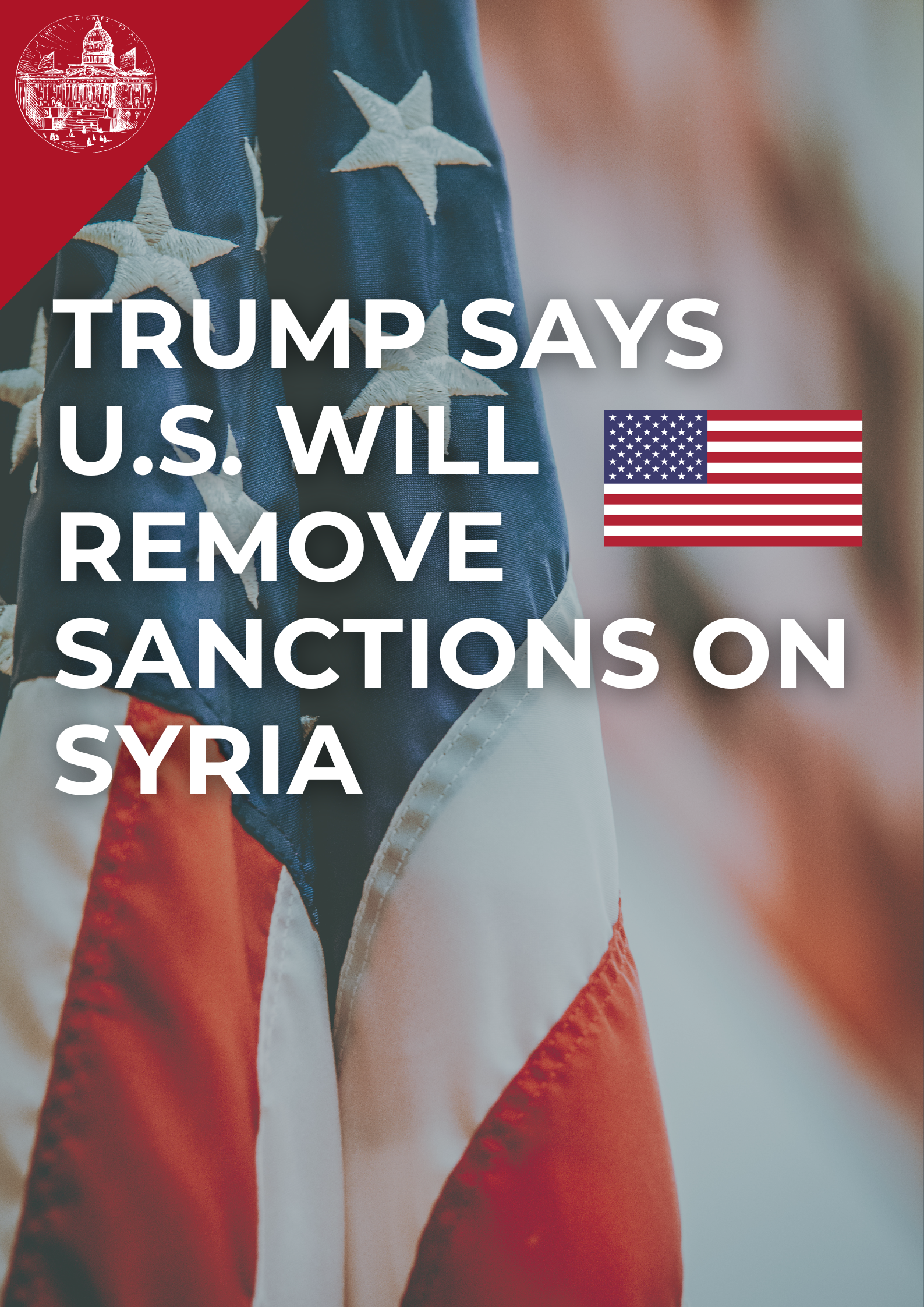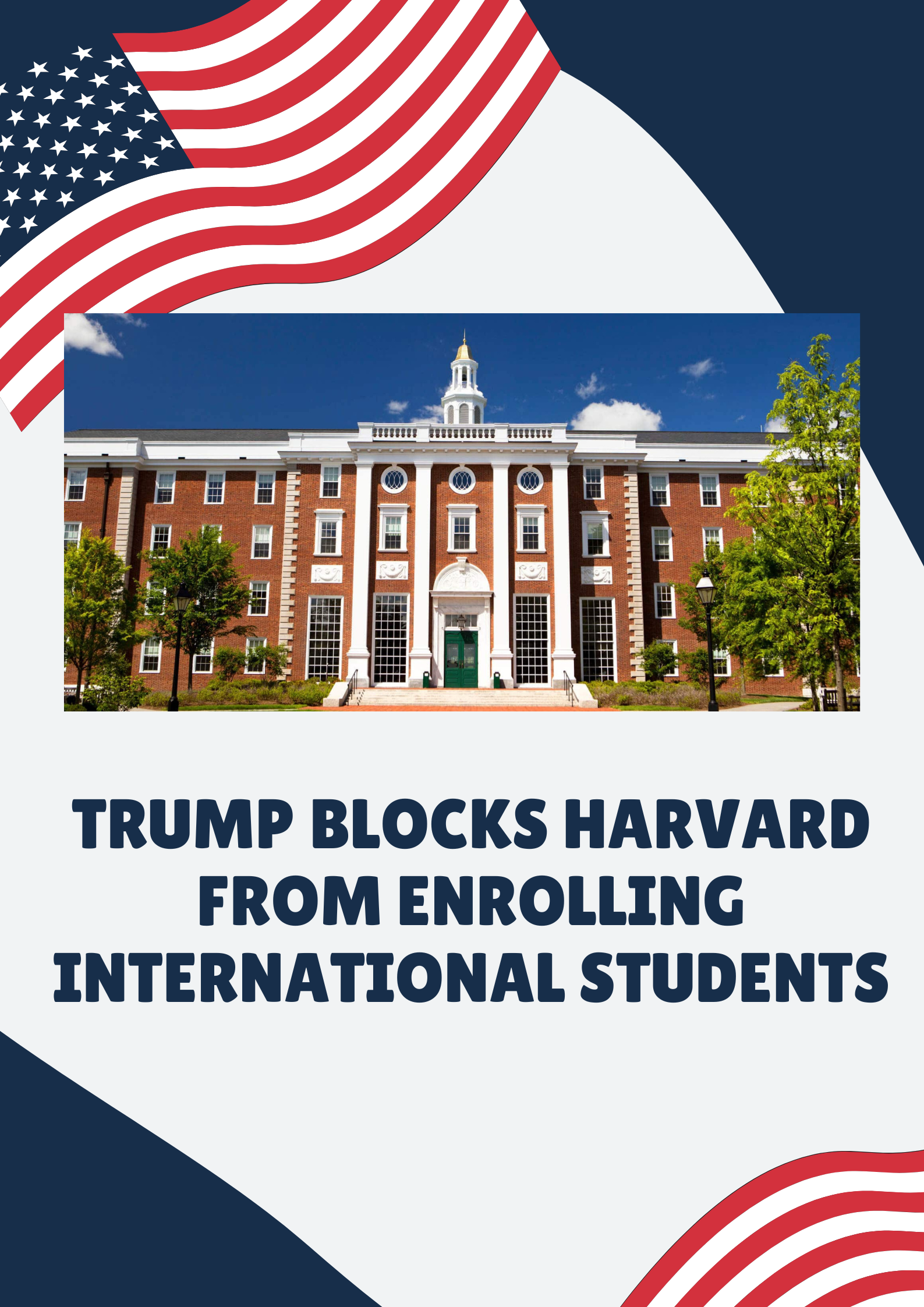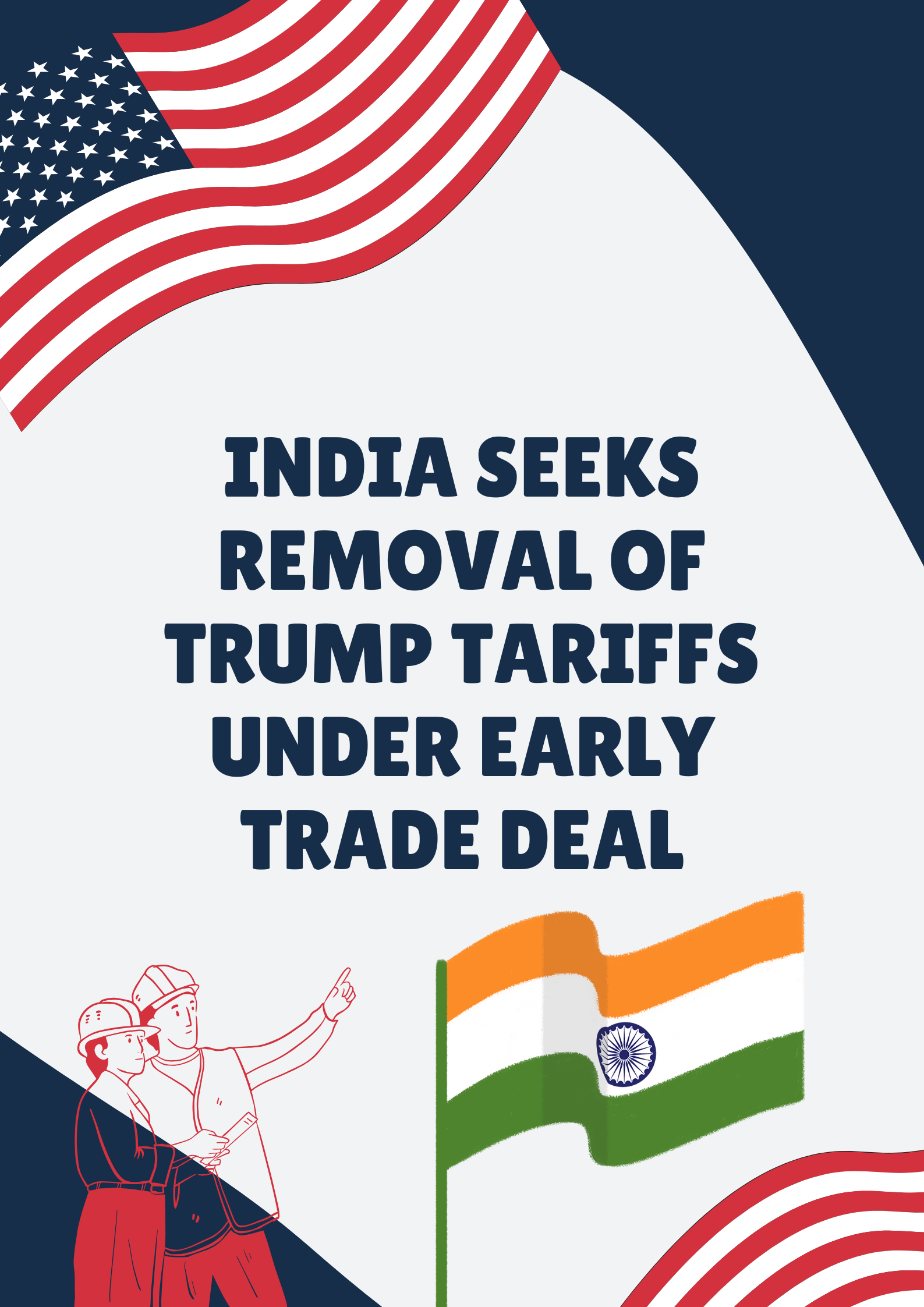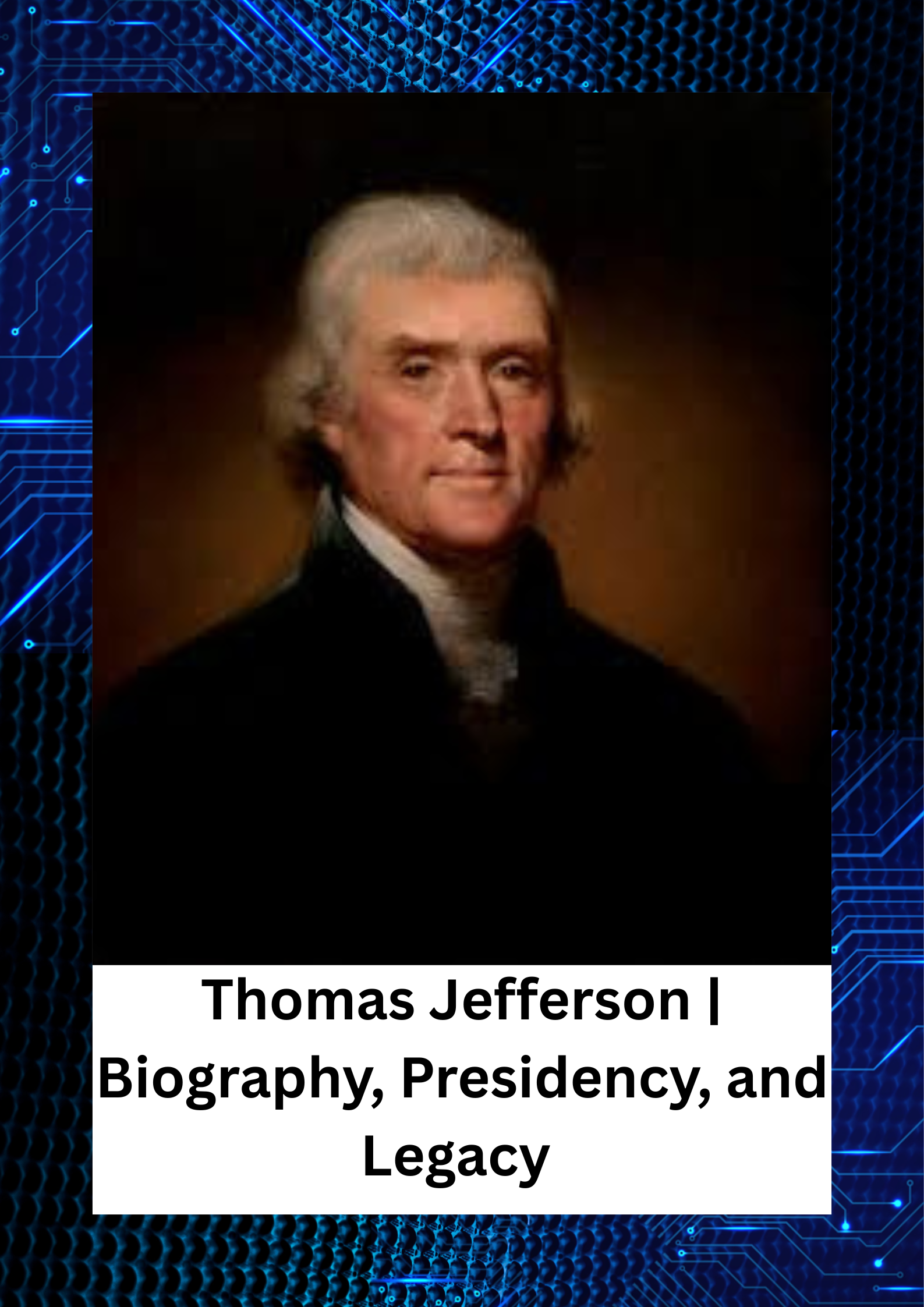On May 13, 2025, in a major foreign policy shift, former U.S. President Donald Trump announced that the United States would remove all sanctions on Syria. This unexpected move was revealed during his speech in Saudi Arabia as part of his Middle East visit. The announcement has sparked global discussions on diplomacy, security, and the future of Syria.
Why Is Trump Removing Sanctions on Syria?
Here are the following reasons why Trump removed the Sanctions on Syria:
1. A New Government in Syria
One of the main reasons Trump gave is that Syria has a new leader. After years of civil war, Syria’s former president, Bashar al-Assad, was removed from power in 2024. The new leader, Ahmad al-Sharaa, has taken over and promises change.
Trump says this is a “fresh start” for Syria, and lifting sanctions is a way to support the new leadership and help the country rebuild.
2. To Help Bring Peace to the Middle East
Trump believes that removing sanctions will help reduce conflict in the region. Sanctions often limit trade, money, and aid. By lifting them, the U.S. hopes to encourage peace talks, rebuild damaged cities, and improve relations with Syria and its neighbors.
3. To Improve U.S. Influence in the Region
By supporting Syria’s new government, the U.S. can play a bigger role in how the country moves forward. Trump wants the U.S. to have more control and better diplomatic ties in the Middle East, especially before other countries like Russia or Iran try to take the lead.
4. Economic Opportunities
Syria has oil and natural resources, and lifting sanctions could open the door for trade, business, and rebuilding contracts. This could benefit U.S. companies and create partnerships in the future. Trump, known for his business mindset, may see this as an opportunity.
5. Political Strategy
Some experts say Trump’s decision may also be political. After the 2024 election, Trump is still staying active in international affairs. Removing sanctions may help shape his legacy, show strength abroad, and appeal to certain voter groups at home.
What Were the Sanctions on Syria About?
Sanctions are official restrictions or punishments placed by one country (like the U.S.) on another country. They’re used to pressure governments to change their behavior, without using military force.
Sanctions can stop:
- Business deals
- Bank transfers
- Travel access
- Oil and gas trade
The United States placed sanctions on Syria mainly because of the actions of its former president, Bashar al-Assad.
Here are the main reasons why the U.S. imposed sanctions on Syria:
- Brutal Civil War: Since 2011, Assad’s government has been involved in a violent civil war. Millions of Syrians were killed or forced to flee their homes.
- Human Rights Violations: Assad’s forces were accused of using chemical weapons and attacking civilians. These actions shocked the world and violated international law.
- Support for Terrorist Groups: Syria was also accused of helping groups that the U.S. considers terrorist organizations.
- Political Corruption: The Assad regime was seen as corrupt, undemocratic, and dangerous to regional peace.
Who Is Syria’s New President?
In 2025, Ahmad al-Sharaa became Syria’s new president after the country’s long-time leader, Bashar al-Assad, was removed from power. This change happened after years of conflict and civil war in Syria. Ahmad al-Sharaa wasn’t always involved in politics. He started out as a military leader in a group that fought against Assad’s government. He became a well-known figure after leading a group called Hayat Tahrir al-Sham (HTS), which was involved in Syria’s civil war.
In 2024, his group helped bring down Assad’s government, and in January 2025, al-Sharaa was named president of Syria.
Global Reactions to the Removal of U.S. Sanctions on Syria
When the U.S. decided to remove sanctions on Syria in May 2025, it made waves around the world. Countries and international organizations had different opinions about the decision. Here’s how the world reacted:
1. Middle Eastern Countries
- Saudi Arabia: Saudi Arabia welcomed the removal of sanctions, believing it would help Syria recover and improve the region’s stability.
- Turkey: Turkey also supported the decision, thinking it was time to move past old policies and help Syria rebuild.
- Qatar: Qatar had already been helping Syria by paying government salaries, and the U.S. gave them permission to continue their support. They were happy with the change.
2. European Union (EU)
The EU was a bit more cautious. They liked the idea of helping Syria, but wanted to make sure Syria made real democratic changes before fully lifting all restrictions. France, for example, said it might lift some sanctions but would watch Syria closely.
3. United Nations (UN)
The UN also supported lifting some sanctions, saying they were hurting the people of Syria. They called for more help to rebuild the country but stressed the need for peace and fairness.
4. Inside the U.S.
In the U.S., there were mixed feelings. Some people were happy, thinking this would help stabilize the region, while others were worried about Syria’s past actions and whether the government there would truly change. It was a big shift in U.S. foreign policy.
Final Thoughts
Trump’s decision to lift U.S. sanctions on Syria is bold, controversial, and potentially game-changing. While some see it as a move toward peace, others worry it could weaken American leverage in the region. It could reshape the future of the Middle East, redefine alliances, and impact millions of Syrian citizens. As the situation unfolds, all eyes will be on how the international community and Syria’s new leadership respond.











Leave a Reply